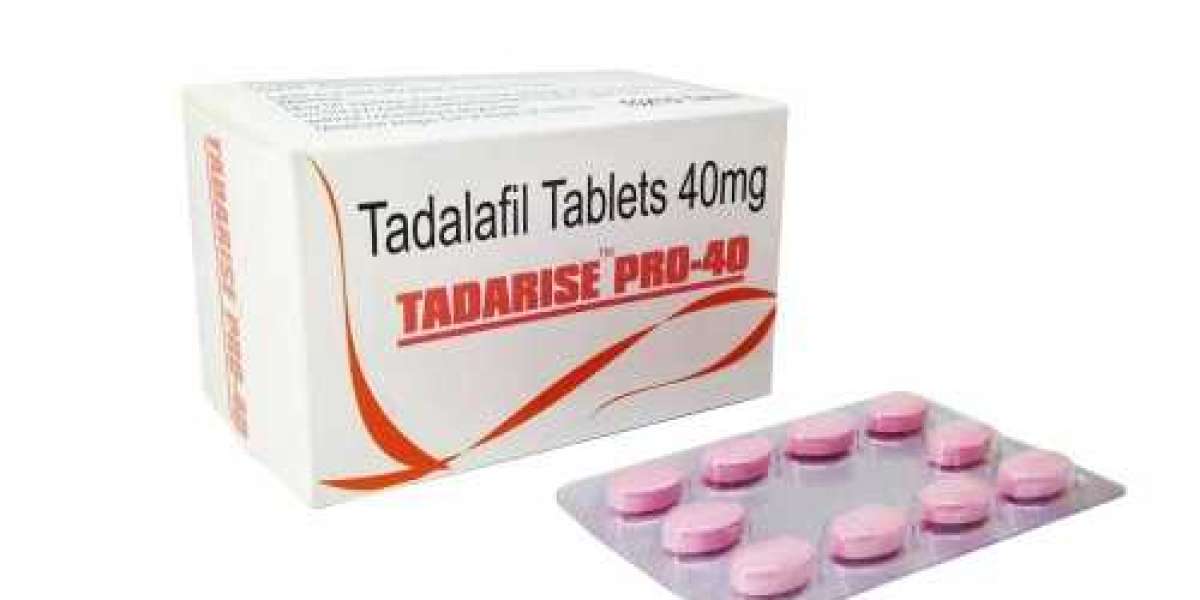Mental health challenges can affect anyone at any stage of life. When symptoms become overwhelming, disruptive, or unsafe, more intensive treatment may be needed. This is where inpatient behavioral health programs play a crucial role. These programs provide round-the-clock care in a structured environment, offering individuals the support and treatment necessary to stabilize and begin their path to recovery.
What Are Inpatient Behavioral Health Programs?
Inpatient behavioral health programs are specialized treatment options for individuals experiencing severe emotional, behavioral, or psychiatric issues. Unlike outpatient care, inpatient programs require patients to stay at a facility where they receive 24/7 supervision, medical monitoring, and therapeutic support.
These programs are designed to help people who may be dealing with:
Severe depression or anxiety
Bipolar disorder
Schizophrenia or psychotic episodes
Suicidal thoughts or self-harming behaviors
Substance use combined with mental health conditions (dual diagnosis)
The goal is to provide safety, stability, and a foundation for long-term healing.
Key Features of Inpatient Behavioral Health Programs
A quality inpatient program offers a holistic and individualized approach to treatment. Common components include:
1. Comprehensive Assessment
Upon admission, patients undergo a full evaluation to determine their mental, physical, and emotional health needs. This allows the care team to create a personalized treatment plan.
2. 24/7 Medical and Psychiatric Care
Licensed professionals, including psychiatrists, nurses, and therapists, are available at all times to monitor progress and provide crisis support.
3. Therapeutic Interventions
Inpatient programs typically include:
Individual therapy sessions
Group therapy for peer support
Family therapy to improve relationships
Cognitive-behavioral therapy (CBT) and other evidence-based practices
4. Medication Management
For patients who benefit from medication, psychiatrists carefully prescribe and monitor medications to reduce symptoms and improve stability.
5. Structured Daily Routine
A consistent schedule of therapy, wellness activities, and recreation helps patients develop healthy habits and reduce stress.
6. Holistic and Wellness Approaches
Many inpatient programs also include mindfulness training, art therapy, fitness, and nutrition education to support overall well-being.
Benefits of Inpatient Behavioral Health Programs
Enrolling in an inpatient program provides several advantages, including:
Immediate Safety and Stability: A secure environment for individuals at risk of harming themselves or others.
24/7 Professional Support: Continuous monitoring ensures medical and emotional needs are addressed promptly.
Intensive Treatment: Patients receive focused care that accelerates the recovery process.
Peer and Community Support: Group therapy fosters connection and reduces feelings of isolation.
Transition Planning: Discharge planning and aftercare services help individuals maintain progress after leaving the program.
Who Should Consider an Inpatient Program?
Inpatient behavioral health programs are recommended for individuals who:
Experience frequent or severe mood swings
Have suicidal thoughts or tendencies
Struggle with self-harm or unsafe behaviors
Cannot manage daily life due to mental health symptoms
Have tried outpatient therapy without improvement
If you or a loved one are experiencing these challenges, seeking inpatient care may be the best step toward healing.
Transitioning From Inpatient Care
Recovery does not end when a patient leaves the program. Most facilities provide aftercare plans, which may include outpatient therapy, support groups, or intensive outpatient programs (IOPs). These follow-up services ensure continued progress and reduce the risk of relapse.
Final Thoughts
Inpatient behavioral health programs provide life-saving care for individuals in crisis, offering a structured, supportive environment where healing can begin. With access to medical professionals, evidence-based therapies, and holistic support, these programs empower individuals to regain control over their lives and move toward long-term wellness.



